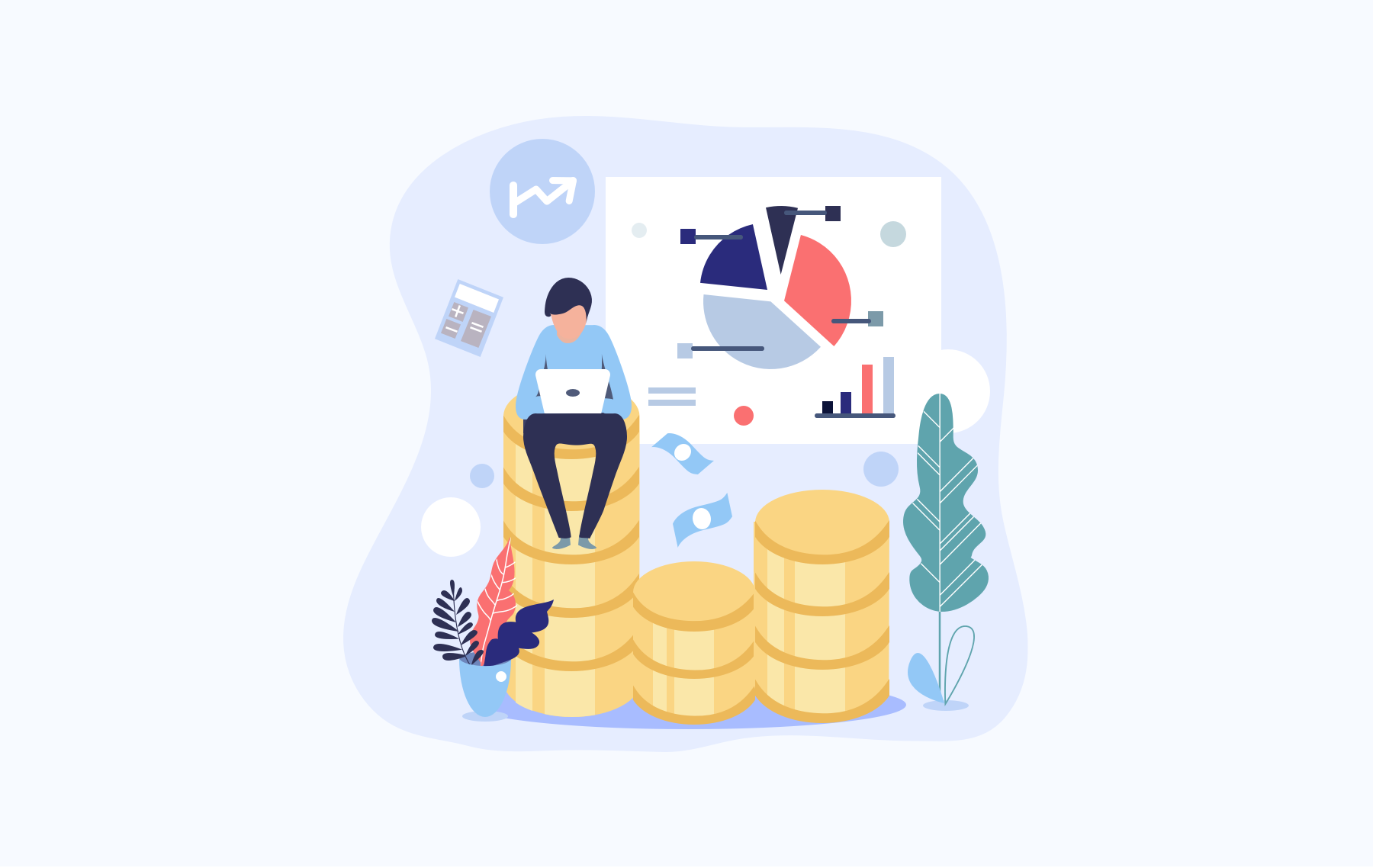Paying off debt can feel like it has to be your only financial priority.
But you should do some saving while you’re paying down debt. Even a small cushion of emergency savings can keep you from going deeper into debt when an unexpected expense pops up. And you don’t want to miss out on free money from an employer match on retirement savings if it’s available.
Here’s how to answer the question, “Should I save or pay off debt?”
The general rule of thumb is to do both: Pay off debt while building your emergency savings.
Saving at the expense of accelerating debt repayment ignores the importance of commitment to do both now, It should never be an all-or-nothing option. That said, you could weight contributions toward your emergency savings—for a while, at least.
Create an Emergency Fund
Though you may want to pay your debts as soon as possible, it’s important to prioritize emergency savings—even a small amount—that you can use in case an unexpected expense arises. A sudden ER visit or a spouse losing their job can throw a significant wrench into your financial plan. Without designated savings to pull from during such a crisis, you may feel the need to rely on high-interest credit cards or personal loans to cover sudden costs. However, doing so will only compound your debt and make the overall problem worse.
It’s generally a good idea to have six months’ worth of expenses saved in an emergency fund, but this may not be realistic if you are also dealing with debt or otherwise struggling financially. If you’re having difficulty saving at the recommended level, aim to save three months’ worth of expenses instead. Having at least some money set aside for emergencies is better than nothing, and you can always focus on building savings again once you’ve lowered your debt.
As you begin putting away money for an emergency fund, open a high-interest savings account so your money can grow when you pivot to focus on paying down your debt.
Next, focus on debt repayment
When paying down debt, the best way to do so is to focus on the one charging the highest rate of interest first, particularly in the case of credit cards. It’s important you prioritise using your savings to get rid of the most expensive debts.
Before you do this, check to see if you can lower any of your debts’ interest rates.
For overdrafts, read our How to cut overdraft costs guide.
For credit and store cards, read Best Balance Transfers.
If you get rejected for new credit then you can still cut rates using The Credit Card Shuffle.
If you have a loan read Cut the Cost of Existing Loans.
For cutting costs on your mortgage read the Remortgage Guide.
Once your debts are as cheap as they can be, list where they are and the amount of debt that you have. Then use your savings (or spare cash) to pay off the most costly debts first. All this done together should massively reduce your costs.
Bottom Line
The key is to find the balance that works for you and your family, agree on a plan and stick with it.
Jeton allows users to exchange money, make secure money transfers and online purchases. The better way to send money to those you love; simpler, faster, and safer.



